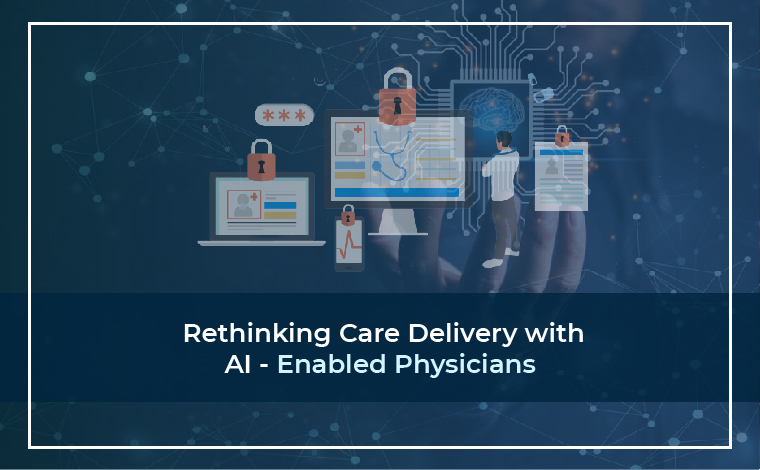


The ongoing debate is creating waves within the hospital management sector. There has always been a level of skepticism regarding the role of Artificial Intelligence in healthcare. Many doctors feel that the capabilities of AI have been overstated and are uncomfortable with the idea of automated systems making critical decisions on their behalf. Nevertheless, as the healthcare delivery landscape continues to evolve, physicians are rethinking their strategies to enhance both the quality of care and the overall patient experience.
While artificial intelligence is still in its early stages, it is already gearing up to assist healthcare professionals with various tasks. Since the early 2000s, surgical robots have been aiding surgeons in performing intricate procedures with increased precision and agility.
Currently, AI-powered robots are penetrating different areas of healthcare to enhance performance and patient outcomes. In hospitals, for instance, some robots help nursing staff tackle seemingly simple but time-consuming tasks.
The TUG robot can transport multiple racks of medications and lab samples to any location within a hospital. RIBA (Robot for Interactive Body Assistance) is another valuable asset, equipped with powerful human-like arms and sensors capable of lifting and moving patients from their beds. Nanobots, a cutting-edge development in medical robotics, can identify and target cancer cells while safely eliminating foreign substances in the body. As next-generation digital assistants emerge, both patients and healthcare professionals stand to gain significantly.
With AI algorithms supporting them, AI-enhanced healthcare providers can improve patient engagement and care experiences by managing routine tasks such as processing prescription refills and responding to patient inquiries. In today’s environment of social distancing, utilizing robots for healthcare interactions offers an attractive way to minimize direct contact between healthcare workers and patients. These robotic counterparts can work extended hours without calling in sick, providing essential support and relief to overwhelmed medical staff.
The healthcare community shouldn’t be swayed by the fears surrounding artificial intelligence. While AI will surely revolutionize the medical landscape like no other technology before it, human involvement will always be essential.
AI might provide impressive solutions, but can robots truly replicate empathy and compassion? Absolutely not! Imagine a robot conducting a critical surgery, and for some inexplicable reason, it fails to save the patient.
How would that robot break the news to the family?
Chances are, it would relay the information in a cold, robotic tone. Therefore, we cannot expect a machine to convey empathy and compassion during such trying moments. Additionally, can we genuinely rely on a robot or sophisticated algorithm to make life-and-death decisions? We need human doctors to guide us with care and support—even during procedures as simple as taking blood samples.
An algorithm simply can’t fulfill that role. Furthermore, AI robots and algorithms lack the creativity and problem-solving skills that are so essential for accurate diagnosis and effective treatment. No matter how advanced technology becomes, there will always be certain tasks that humans can perform more quickly, consistently, and cost-effectively.
It’s crucial to select use cases where AI algorithms can have a significant impact in clinical settings. Fields like radiology, internal medicine, neurology, and cardiology have already seen successful implementations of AI.
In these areas, algorithms work quietly behind the scenes, assisting physicians in making meaningful contributions, sometimes by providing second opinions or alerting them to potential threats. AI has not replaced the role of physicians; rather, it has complemented their efforts.
Artificial intelligence has begun to reshape the operational and administrative aspects of healthcare, positively affecting the revenues of larger health systems.
The full potential of AI in healthcare remains largely untapped. Only a limited number of reports detail the clinical and economic benefits of applying AI algorithms in real-world clinical practice. SimboAI is dedicated to realizing the benefits of AI in healthcare and aims to collaborate in advancing patient care everywhere. Rather than replacing humans, SimboAI seeks to act as companions, working alongside healthcare professionals to transform the modern hospital system.